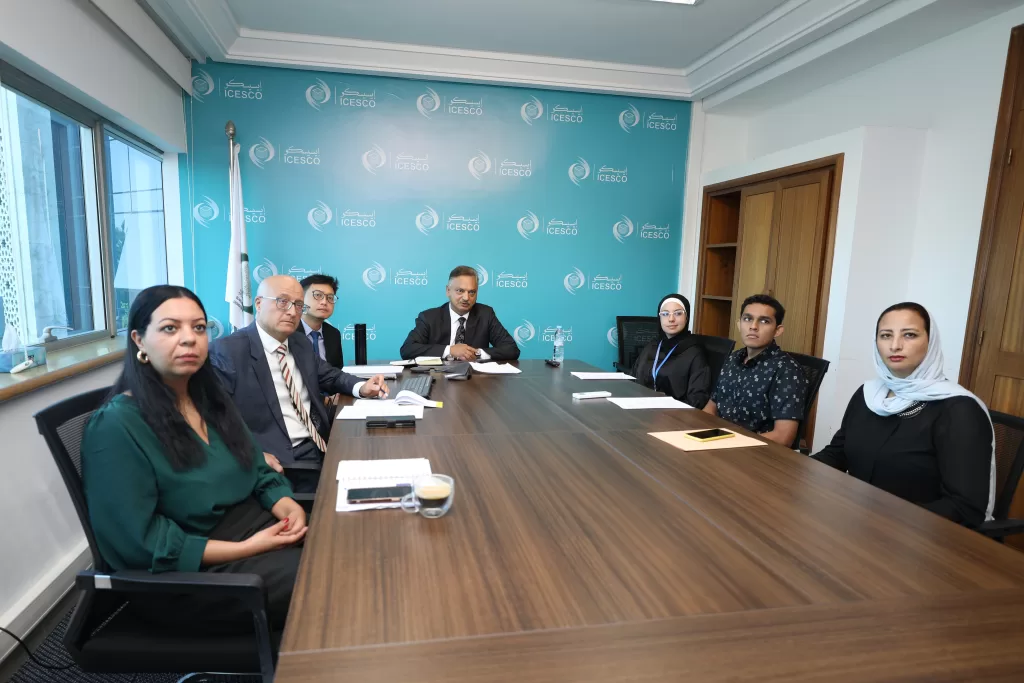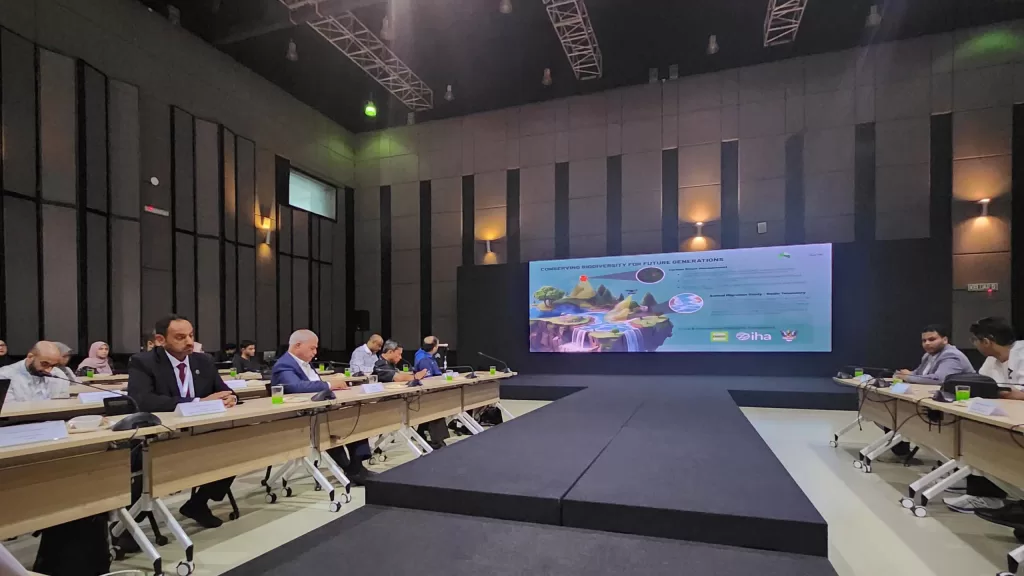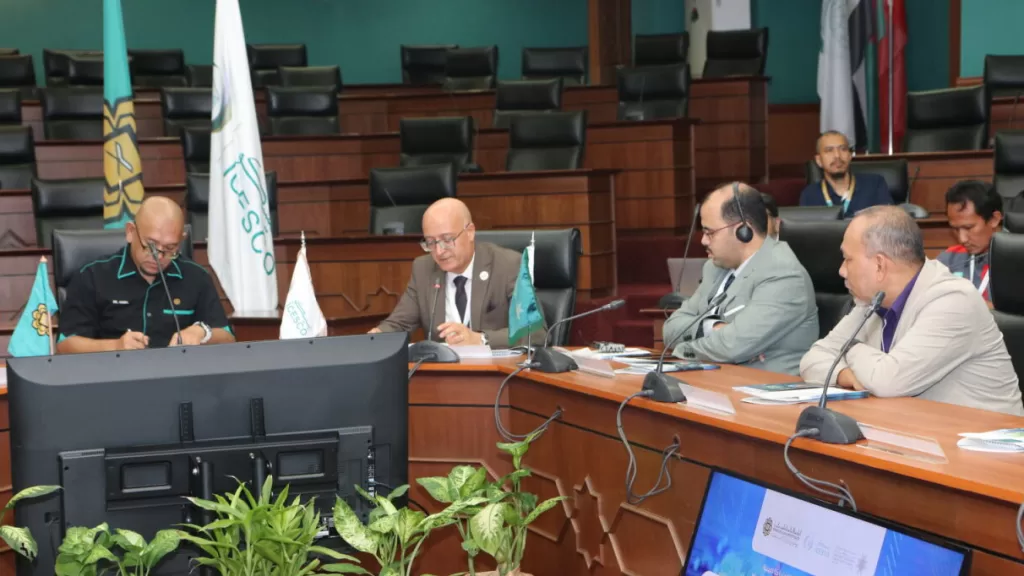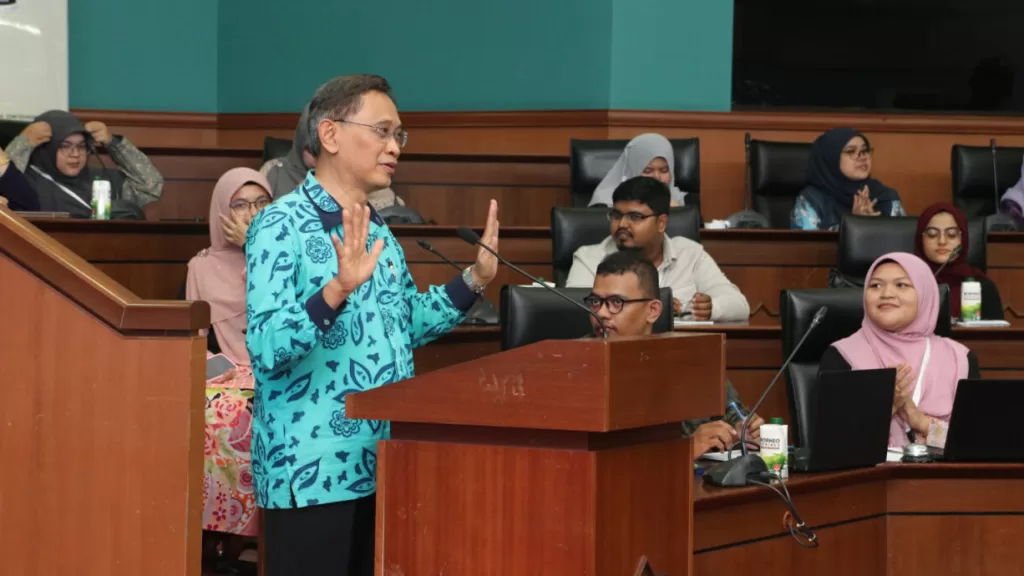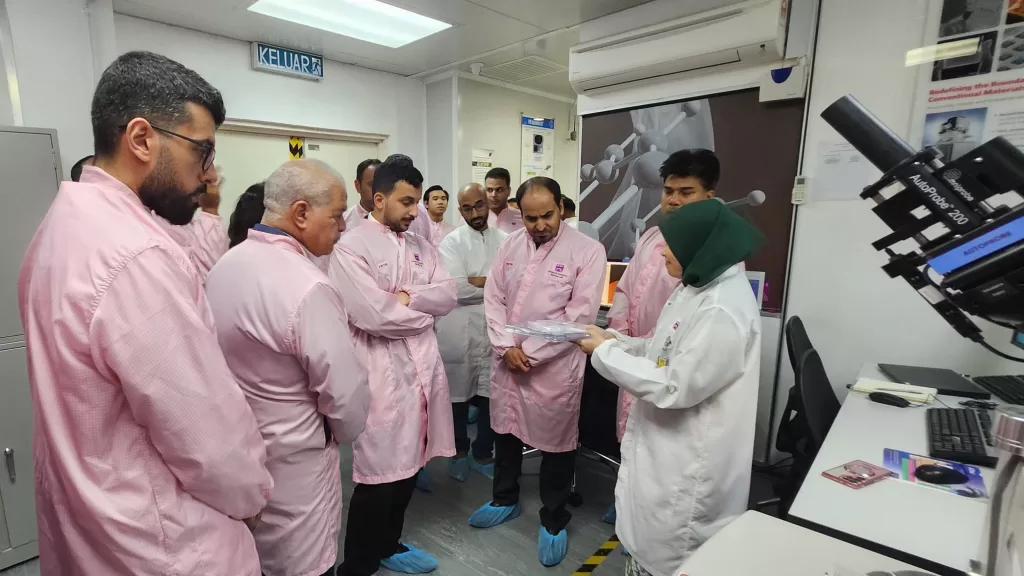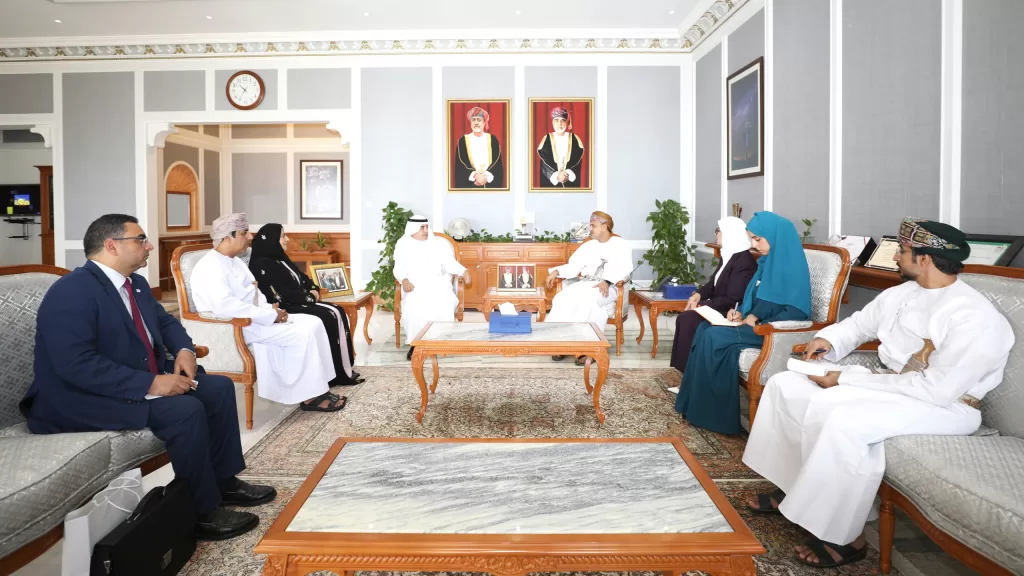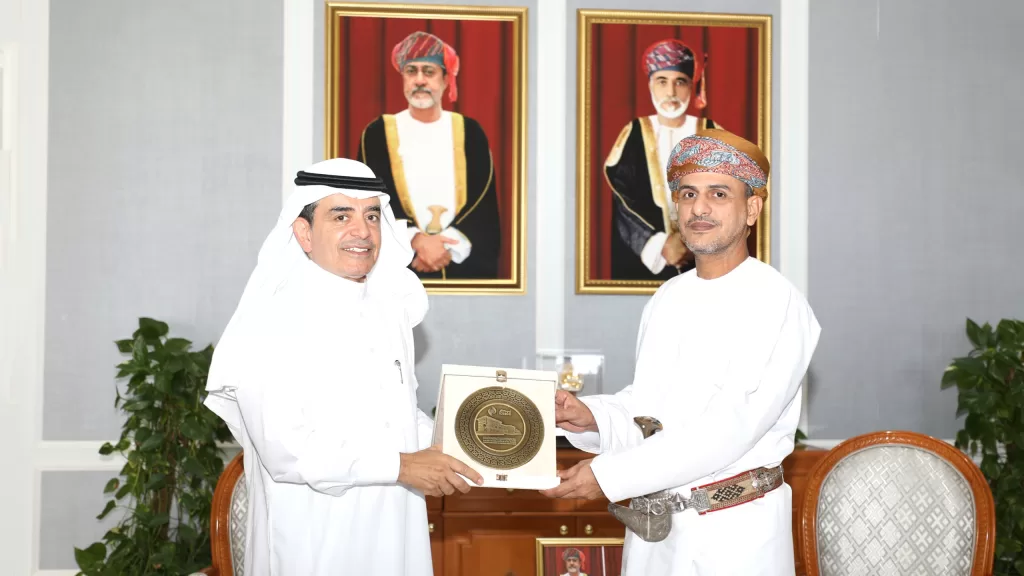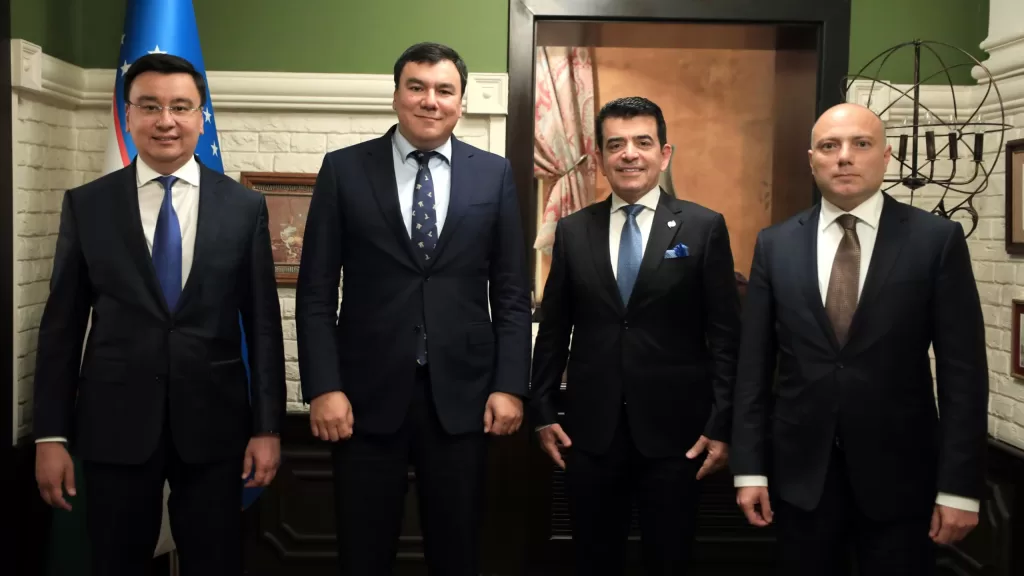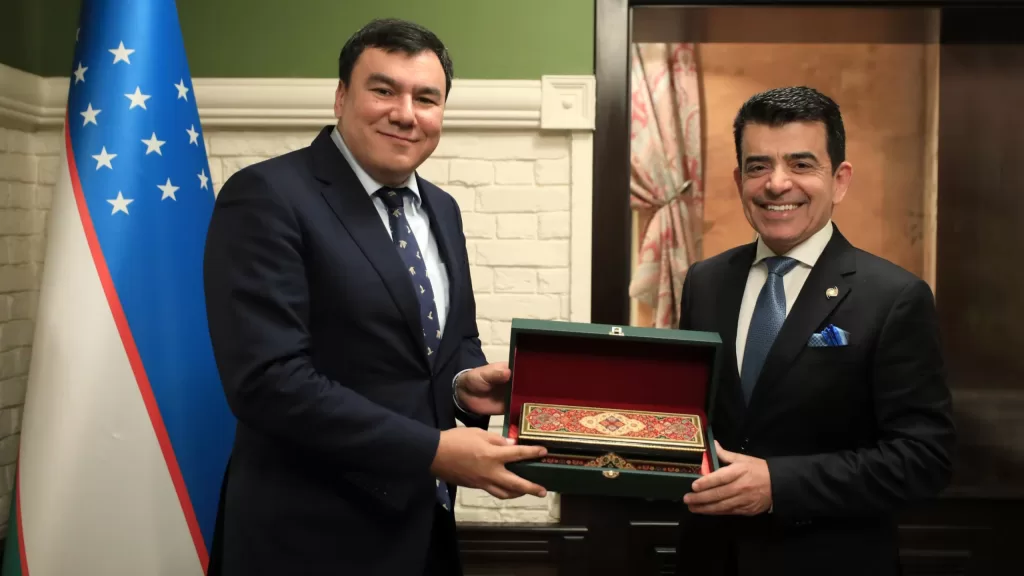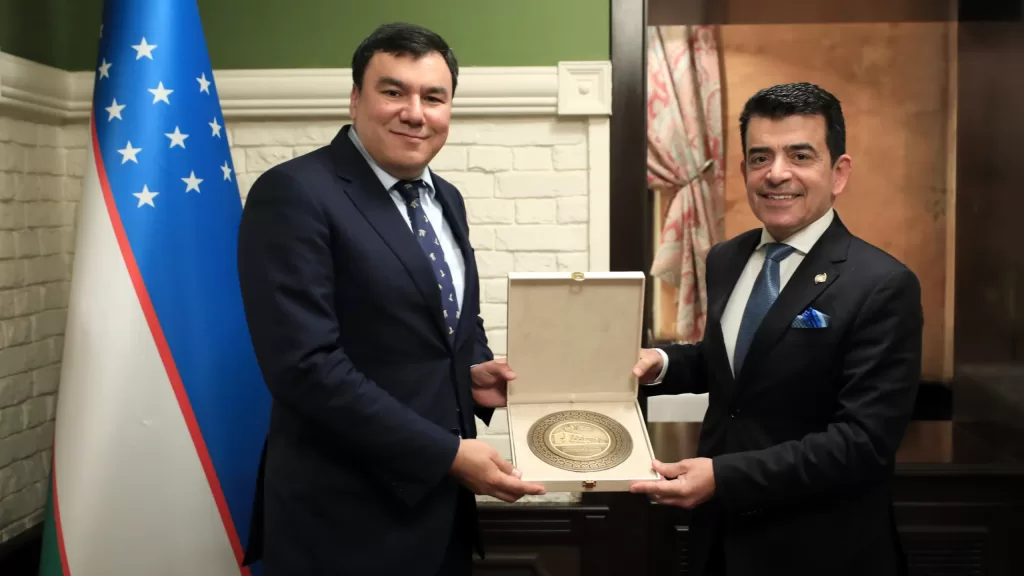The Islamic World Educational, Scientific and Cultural Organization (ICESCO) launched its ‘Biotechnology for Sustainable Agriculture’ Initiative aimed at enhancing the biotechnology-related knowledge and skills of experts and specialists to contribute to the development of sustainable agriculture through scientific activities and training sessions to enhance agricultural productivity and optimize the use of natural resources.
ICESCO called on all partners and stakeholders concerned to cooperate in implementing this initiative, which includes organizing a series of activities to build the capacities of workers in agriculture to use modern biotechnology mechanisms to resist pests and diseases, adapt to climate change, reduce environmental pollution, and contribute to achieving food security.
The initiative was announced during ICESCO’s Webinar on ‘Utilizing the Potential of Biochar for Soil Improvement and Sustainable Farming,’ held in cooperation with the Islamic Organization for Food Security (IOFS), via Zoom, on Wednesday (10 July 2024), with the participation of 80 experts from the Islamic world countries and beyond, to discuss the major research works on biochar production technology and its role in improving soil quality.
In his statement during the opening session, Dr. Raheel Qamar, Head of ICESCO Science and Environment Sector, reaffirmed the Organization’s commitment to contributing to the development of sustainable agriculture in its Member States through capacity-building programs and promoting the use of smart technologies, noting that the “Biotechnology for Sustainable Agriculture” initiative highlights ICESCO’s endeavor to support efforts geared towards devising practical solutions to environmental challenges and developing sustainable agriculture in countries of the Islamic world.
